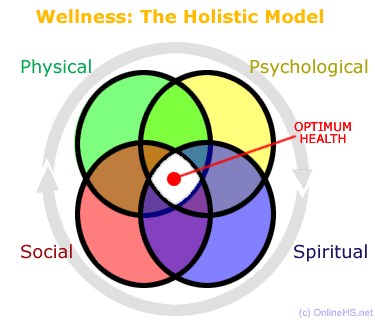Stress 101 – Everything You Need to Know in a Nutshell
 Most of us know that stress is inevitable and unavoidable: a natural by-product of our everyday lives. How we choose to see it and deal with it is another matter entirely. Is stress always a bad thing, something we must seek to avoid? Or could it actually be beneficial in some way? When we understand what this little word really represents, we can learn how to minimize its negative effects and use the positive aspects of it to our advantage.
Most of us know that stress is inevitable and unavoidable: a natural by-product of our everyday lives. How we choose to see it and deal with it is another matter entirely. Is stress always a bad thing, something we must seek to avoid? Or could it actually be beneficial in some way? When we understand what this little word really represents, we can learn how to minimize its negative effects and use the positive aspects of it to our advantage.
Stress can be defined as a condition or circumstance which can disturb the normal functioning of an individual both physically and psychologically. Stress is not always harmful and can at times be very useful to us. While stress can seem overwhelming in some circumstances, our reaction to it is something we can control and change, relieving us of its negative effects. It is a fact that putting stress on our bodies during exercise causes our muscles and bones to become stronger and healthier. Perhaps stressful situations that we triumph over can help to strengthen our inner-resolve and allow us grow into more capable, empowered beings.
The 3 different types of stress:
Short Term Stress: Projects, deadlines, tasks, exercise or anything else that motivates us to an end product. We experience short bursts of physical chemical reactions as we move through our day, motivating us to take action and giving us the energy to get things done. Our bodies rebound quickly from this “flight or fight” response because the stress is immediate, identifiable and resolvable.
Long Term/Chronic Stress: Any real or perceived threat to which there is no immediate resolution, looming large over us, keeping the body on a high level of alert; therefore, the chronic nature of this stress cannot be sustained without consequences to our health. Any situation in our life that appears to have no solution, continuing on for long periods of time, giving us the feeling that we are stuck. As the body stays on this high level of alert it may begin to break down because of the accumulative effects that stress can cause.
Toxic Stress: Chronic, long term stress that causes feelings of hopelessness and helplessness. The Cortisol (stress hormone) level in our bloodstream remains high thereby increasing our risk of gaining weight (especially belly fat) and developing diseases such as heart disease and cancer.
Stress that continues on for long periods of time can cause numerous adverse emotional and physical symptoms. Once recognized, however, we have the opportunity to relieve ourselves of the negative effects that we are experiencing and allow our body, mind and spirit to come back into balance. Much of our stress is self-induced and perpetuated by our thoughts and beliefs: therefore, we won’t be able to see any way to change what we are living until we change what we are thinking. Our choice of action may seem limited in any given moment, but our choice of thought never is. Once we change the way we see something, what we need to do-the action steps to take-will eventually become apparent.
There are many healthy coping strategies that we can use to minimize and even alleviate the negative effects that stress can cause: contrast that with the unhealthy behaviors that many turn to instead. Temporary escapes through drugs, alcohol, over-indulgence in television and the like only adds more stress as it keeps us in an endless cycle of hopelessness and pain. Helpful, positive coping strategies such as exercise (outside is preferable), relaxation/stress reduction techniques, spiritual practices, meditation, hypnosis, yoga, etc. all provide the antidote to stress. In addition, journaling, reading self-help books, laughter-inducing activities and joining supportive groups are just a few of the numerous ways to not only enhance our journey in life but keep us in charge of it!
